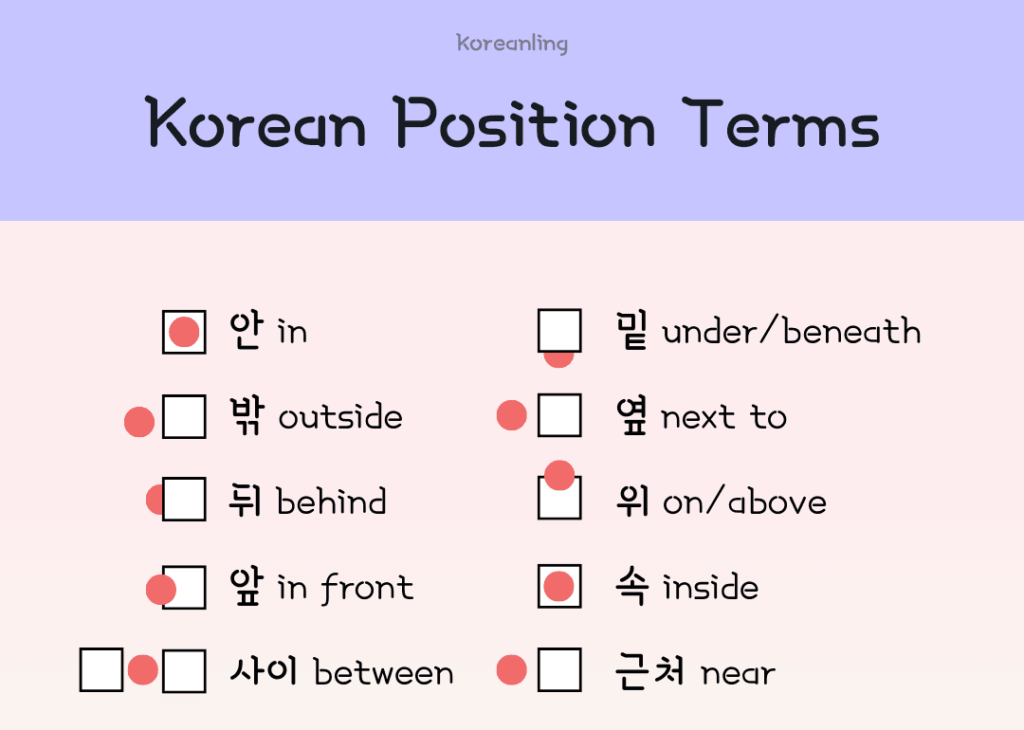Past swear words some of the most fun things to learn is slang. You can easily connect with and impress Koreans with your knowledge past typical dictionary or textbook-level Korean.
So let’s get into some Korean slang. I’ll try to break it down by its meaning/origin and whatever else might be interesting about the word/phrase and see if there is an English equivalent!





